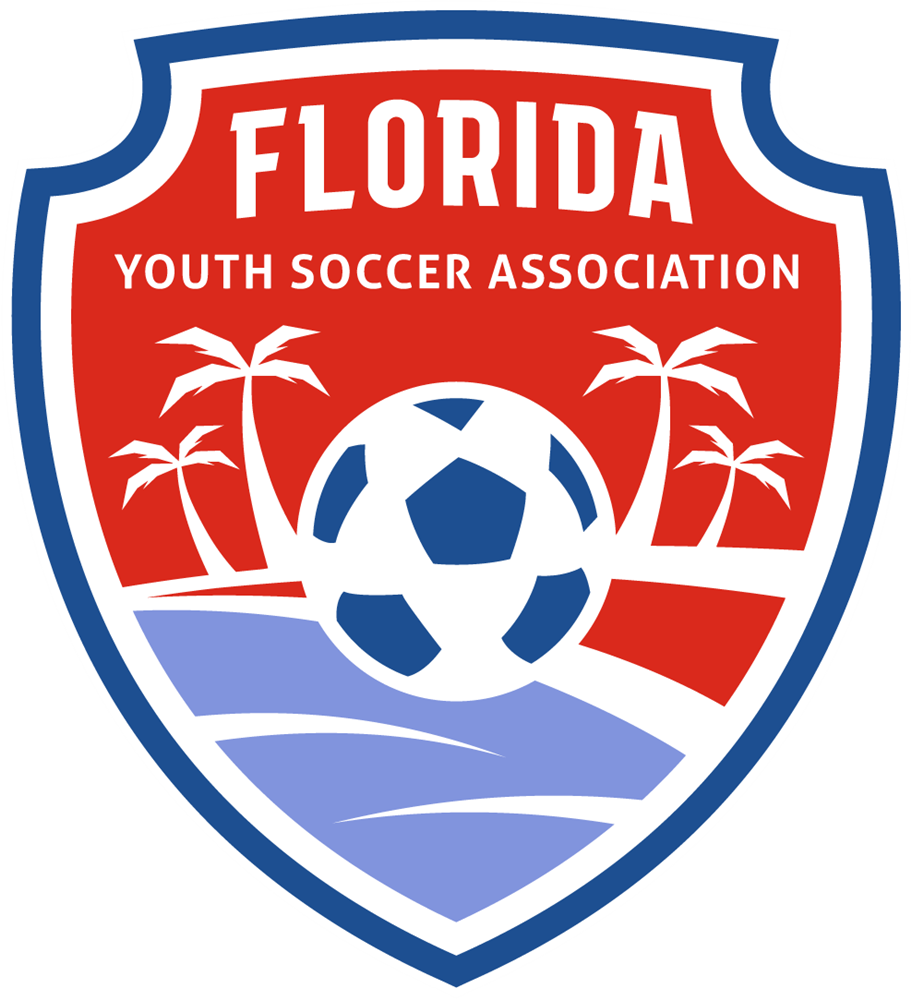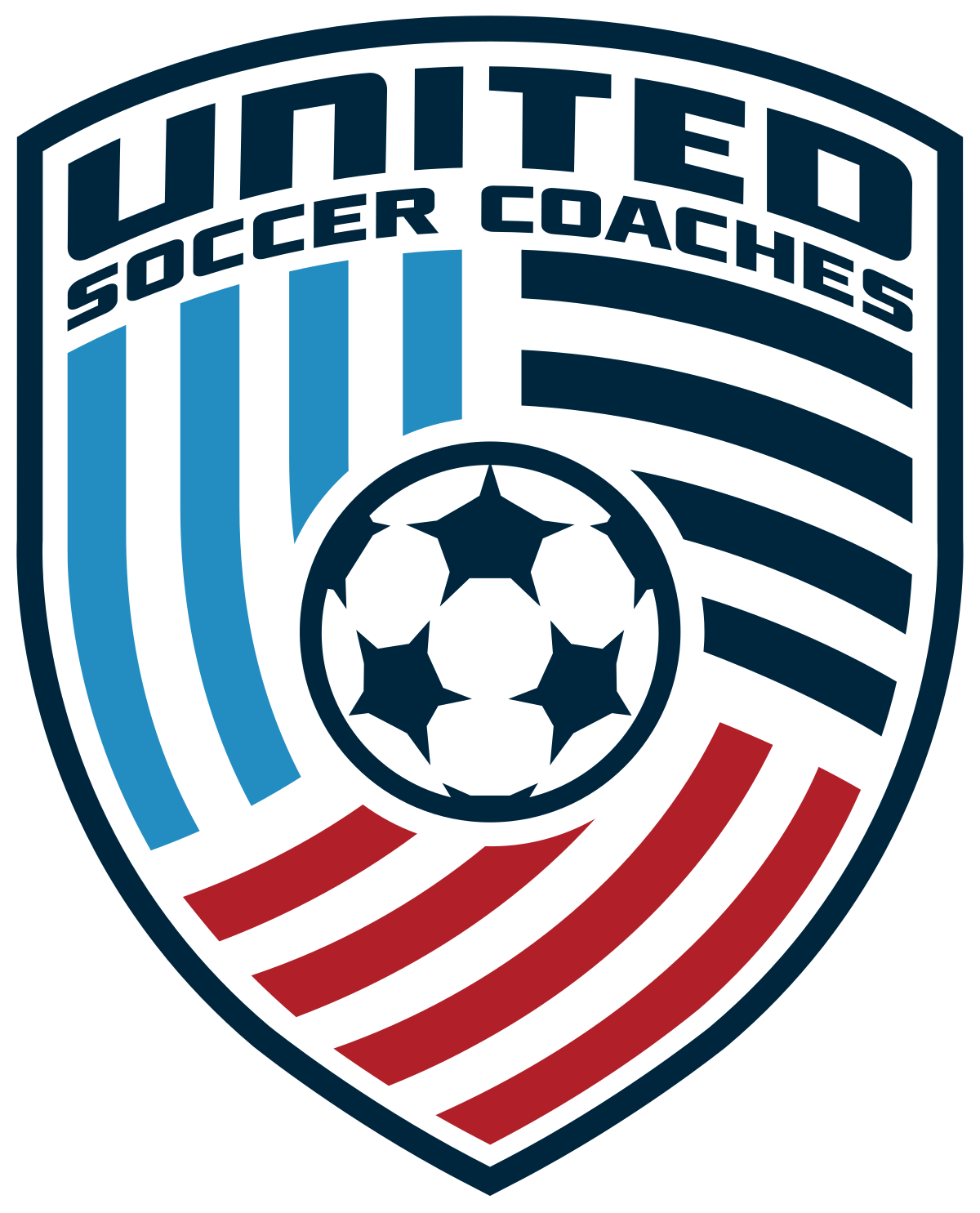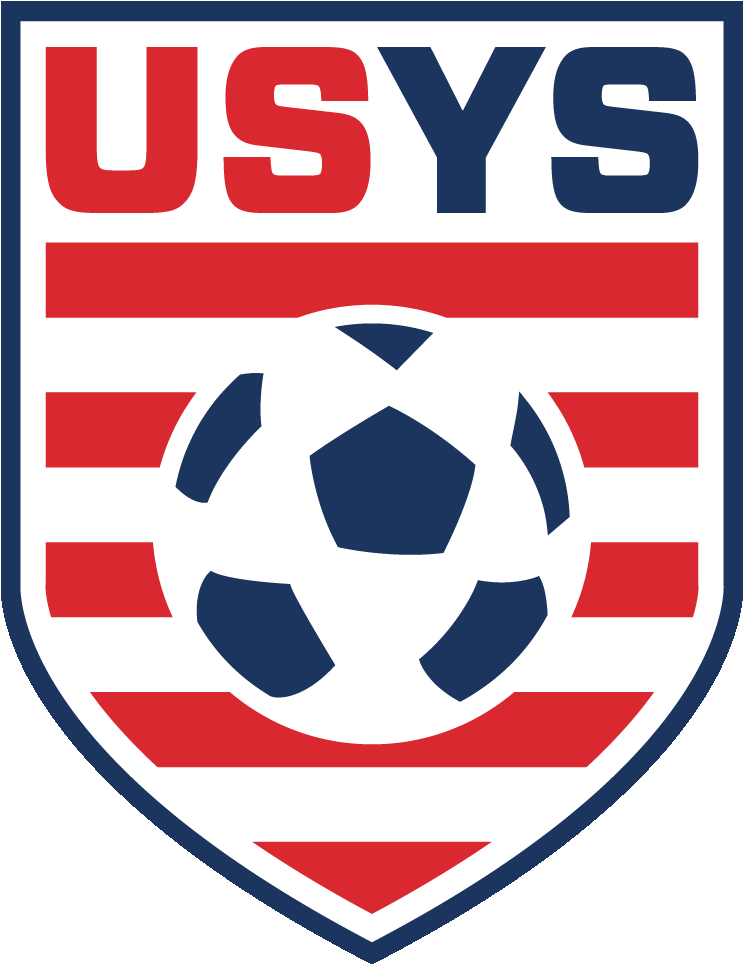Miami Athletic Club Park Rules, Policies, & Sideline Etiquette
Miami Athletic Club Park Rules & Policies
We take great pride in providing some of the best facilities in the region. Please follow the rules & policies below to ensure the facility remains a clean and enjoyable environment for all staff, teams, players & parents.
- NO Alcoholic beverages are allowed inside the soccer complex or on any soccer fields or any adjacent parking lot for youth and adults.
- NO Glass containers.
- Park only in Main Parking lots.
- Authorized Personal Staff are only allowed in the rear Storage Area & rear Parking Lot.
- NO SMOKING
- NO LITTERING. Trash cans are located around facilities.
PLEASE ENSURE THAT YOUR SPECTATORS UNDERSTAND AND ADHERE TO THESE SIMPLE RULES.
Miami Athletic Club Park Sideline Etiquette
1. Be positive. Be supportive. Cheer for the team. Encourage all of the players. Keep negative comments to yourself, especially those directed at another parent’s child. Remember that the players are doing the best that they can and that playing good soccer is more difficult than it looks.
2. Do not coach. Let the coaches make adjustments as they see the need. Many times the instruction from a spectator is exactly the opposite of the instruction given by the coach. Allow the players the freedom to make their own decisions and learn from their mistakes. Spectator statements like “Stay Wide,” Clear It,” “Pass The Ball,” “Get Rid of It,” “Move Up,” “Move Back,” etc., tend to undermine the need for players to communicate with each other.
3. Never address players on the other team, except to encourage them.
4. Treat the officials with respect. All officials make mistakes. All humans make mistakes. Let the officials be human. Let the coaches approach the officials if they feel the need. The referee may be wrong, but not as often as you are. Have you ever seen a referee change his mind because a parent shouted at him or her?
5. Do not engage in game‐related discussions with parents from the opposing team. We will be playing these teams for many years to come. We want to be known in the soccer community as an organization that has class whether we win, lose, or draw. The game score will not be remembered. The argument or inappropriate remarks will be.
6. Leave the game on the field. When the game is over, no amount of comment, question, or discussion with the players, officials, or coaches can change the outcome. Regardless of the outcome, the coaches will evaluate the performance, reinforce the good things and work to correct the things needing improvement.
7. Keep the game fun. Winning is more fun than losing, but each player should enjoy playing because they love the game. Avoid offering bribes or “pumping up” your child. Allow them to become self‐motivated. Make sure that you take time to enjoy the game yourself. I have heard comments from some of the team that they dread it when their parents start shouting at the referee. It is noticeable that when some parents get more and more agitated, their child gets more and more withdrawn during the game.
Think about your own job. If you have someone who you knew was going to shout at you every time you made a mistake, wouldn’t you stop putting yourself in the position to make this mistake? That is what happens with some of the players on the team. They would rather not have the ball than risk having it and making a mistake!

















































































































































































































































































































